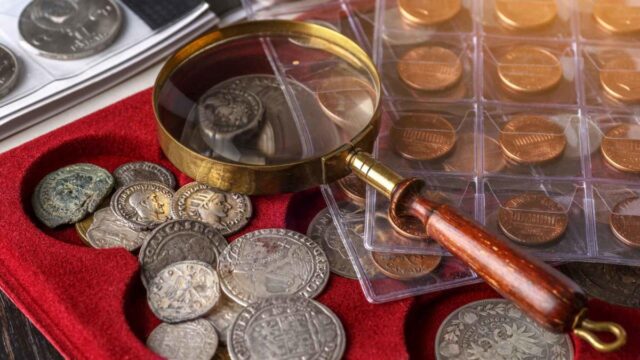In the digital age, buying high-value coins online has become increasingly popular. Collectors and investors alike are turning to online platforms to find rare and valuable coins.
However, the convenience of online shopping comes with its own set of risks. Ensuring the authenticity of the coins and protecting oneself from fraud is crucial. By following a few essential safety tips and practices, you can confidently navigate the online coin market and make secure purchases.
When diving into the world of online coin buying, one of the first steps is to conduct thorough research. Understanding the market value of coins, identifying reputable sellers, and learning about the characteristics of authentic coins can protect you from scams.
it Worth the Investment?
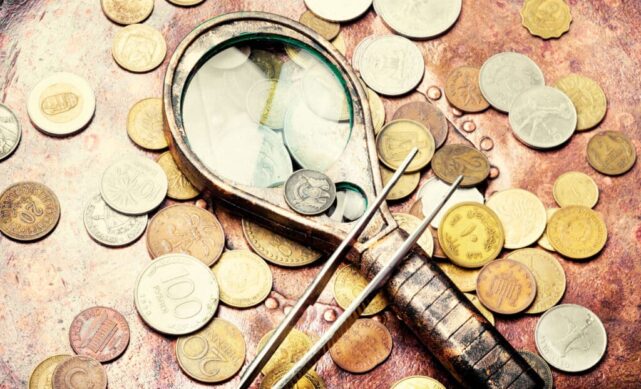
Before getting into the specifics, it’s essential to understand what makes colorized silver coins deserving of the title ‘investment-grade.’ Investment-grade coins are typically high-quality specimens that have been professionally graded by services such as the Numismatic Guaranty Corporation (NGC) or the Professional Coin Grading Service (PCGS). These organizations assess coins based on a rigorous set of standards, ensuring their authenticity and condition.
A key factor in determining a coin’s investment potential is its grade. Coins graded as MS-70 (Mint State Perfect) are considered to be in flawless condition, free from any imperfections even under magnification. Such coins are highly sought after in the market due to their pristine state.
On the other hand, coins with lower grades, while still valuable, may not command the same premium as their higher-graded counterparts. These lower-graded coins might exhibit minor flaws or wear, which can impact their market desirability and resale value.
Research Reputable Sellers
Finding a trustworthy seller is paramount. Look for sellers with positive reviews, verified credentials, and a history of satisfied customers. Online marketplaces like eBay and Amazon have ratings and review systems that can help gauge the reliability of a seller
Additionally, consider purchasing from established coin dealers who have a physical presence and a reputation in the numismatic community. Associations such as the American Numismatic Association (ANA) or Professional Numismatists Guild (PNG) often list reputable dealers who adhere to strict ethical standards.
Verify Coin Authenticity
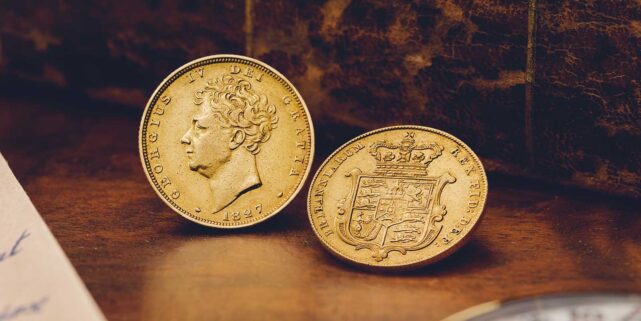
Ensuring the authenticity of the coin is essential. High-quality images, detailed descriptions, and certificates of authenticity are indicators of a legitimate sale. If possible, request additional images or information from the seller to verify the coin’s details.
Professional coin grading services like the Numismatic Guaranty Corporation (NGC) or Professional Coin Grading Service (PCGS) offer authentication and grading services. Buying coins that have been graded and encapsulated by these services can provide an added layer of security.
Secure Payment Methods
Using secure payment methods is a critical step in safeguarding your purchase. Credit cards and payment services like PayPal offer buyer protection, which can be invaluable if a transaction goes awry. Avoid using wire transfers or other irreversible payment methods unless you are confident in the seller’s credibility. Always ensure that the payment gateway is secure by checking for HTTPS in the website URL and looking for security certifications.
Understand Return Policies
Before making a purchase, familiarize yourself with the seller’s return policy. A reputable seller will offer a reasonable return window and clear guidelines on how to return a coin if it does not meet your expectations. Understanding the return process and any associated costs will help you make an informed decision and avoid potential disputes.
Be Cautious of Too-Good-To-Be-True Deals
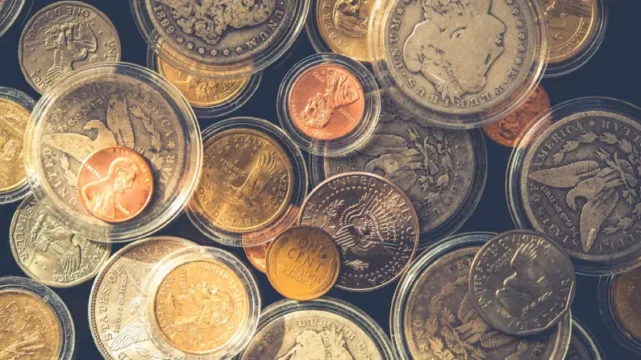
If a deal seems too good to be true, it probably is. Scammers often lure buyers with prices significantly lower than market value to attract quick sales. Compare prices from multiple sources to get a sense of the coin’s fair market value. Unrealistically low prices should raise red flags and prompt further investigation into the seller’s credibility and the coin’s authenticity.
Protect Your Personal Information
When purchasing coins online, protecting your personal information is vital. Ensure that the website you are buying from uses secure encryption to protect your data. Avoid sharing unnecessary personal details and be wary of phishing scams. Reputable sellers will only ask for essential information required to complete the transaction and ship the product.
Join Online Coin Communities
Engaging with online coin collecting communities can be a valuable resource. Forums, social media groups, and specialized websites provide platforms for collectors to share experiences, seek advice, and discuss reputable sellers. Participating in these communities can help you stay informed about the latest trends, potential scams, and trusted sources for buying coins.
Keep Detailed Records
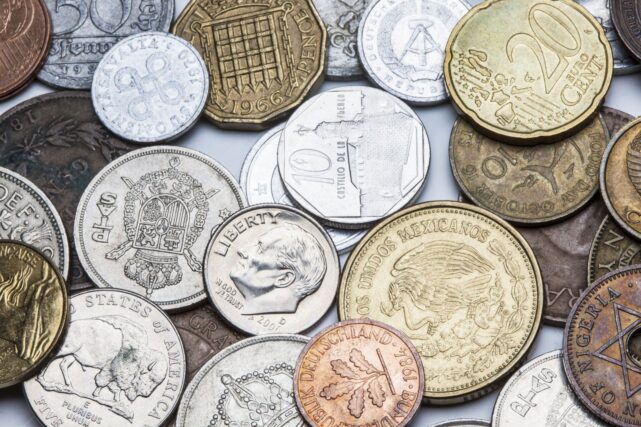
Maintaining detailed records of your coin purchases is a good practice. Keep copies of invoices, certificates of authenticity, and any correspondence with the seller. These records can be crucial if you need to prove the provenance of a coin, return a purchase, or resolve a dispute. Organized records also help you keep track of your collection and its value over time.
Stay Informed About Market Trends
The coin market can be volatile, with prices fluctuating based on demand, economic conditions, and other factors. Staying informed about market trends can help you make educated purchasing decisions.
Subscribe to numismatic publications, follow industry news, and attend coin shows or auctions (even virtually) to keep abreast of the latest developments. Knowledge about the market will enable you to spot good deals and avoid overpriced or dubious offers.
Trust Your Instincts
Lastly, trust your instincts. If something feels off about a transaction, whether it’s the seller’s communication, the coin’s description, or the payment process, it’s better to err on the side of caution. Trustworthy sellers will be transparent, responsive, and willing to address any concerns you may have. If you feel uncomfortable or unsure at any point, don’t hesitate to walk away from the deal.
By following these safety tips and practices, you can enjoy the process of buying high-value coins online while minimizing the risks. The key is to remain vigilant, informed, and cautious throughout your transactions. Whether you’re a seasoned collector or new to the hobby, a mindful approach will help you build a valuable and authentic coin collection.

